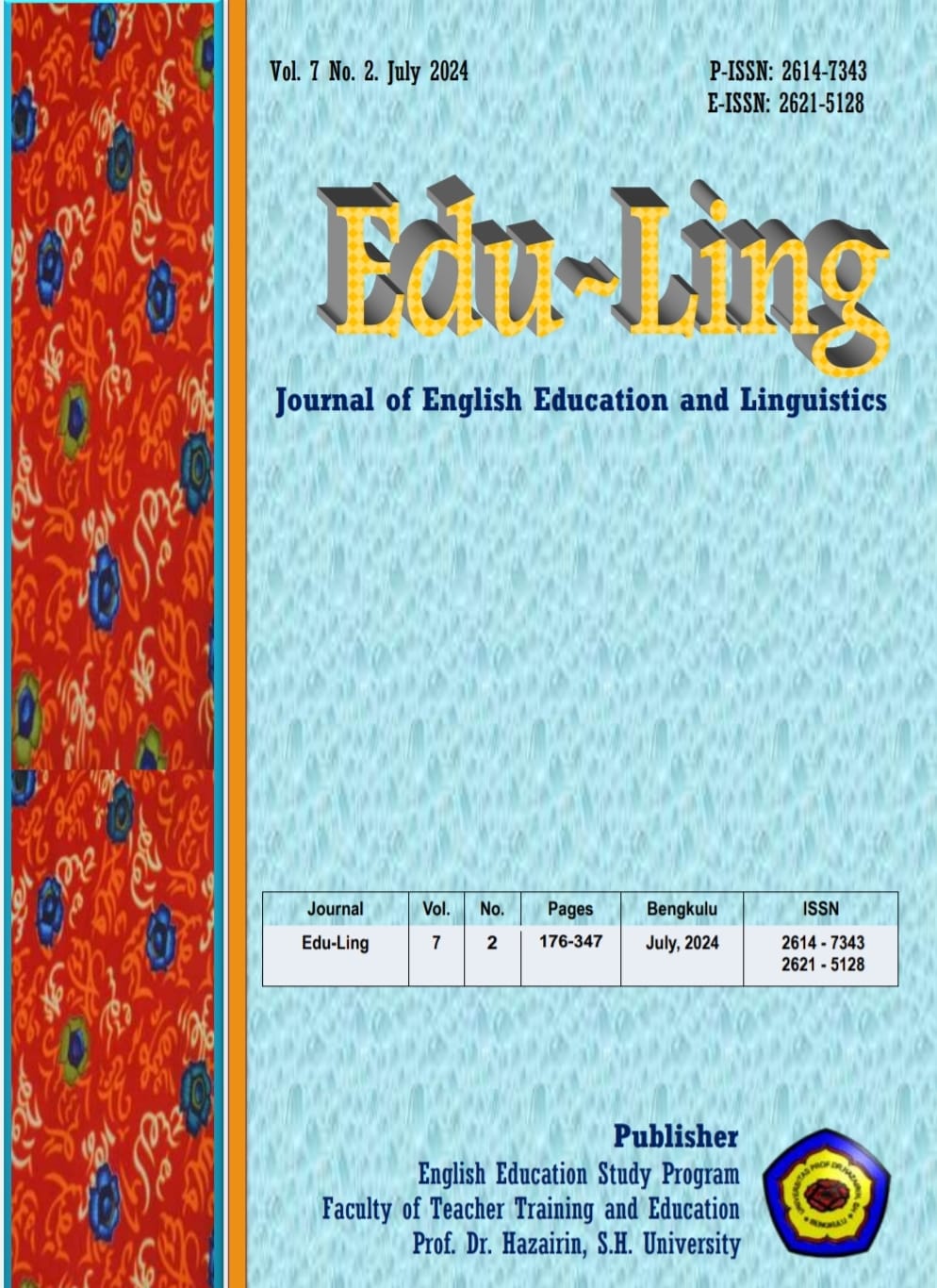Integrating Critical Thinking Skills in English Language Teaching Assessment: A Theoretical Framework
DOI:
https://doi.org/10.32663/edu-ling.v7i2.4613Keywords:
Critical thinking skills, ELT Assessment, Digital assessment, Language proficiencyAbstract
Integrating critical thinking skills into English Language Teaching (ELT) assessments is crucial for enhancing learners' language proficiency and cognitive abilities. This paper introduces a theoretical framework for embedding critical thinking into ELT assessments, utilizing key elements such as Bloom's Taxonomy, Paul and Elder's Critical Thinking Framework, constructivist theory, and task-based language teaching. The framework emphasizes creating assignments that address different cognitive levels, using detailed assessment criteria, and incorporating technology for interactive evaluations, which are all essential for integrating critical thinking into language assessments. Approaches include developing authentic assignments that mirror real-life contexts, providing ongoing professional development for teachers, and using formative assessments with regular feedback mechanisms to cultivate critical thinking in language evaluation. This method aims to improve English language competency by fostering deep understanding, effective communication, and problem-solving skills in students. The model seeks to establish a comprehensive and practical system for English language evaluation that aligns with current educational objectives by incorporating critical thinking to enhance language proficiency and cognitive abilities.









